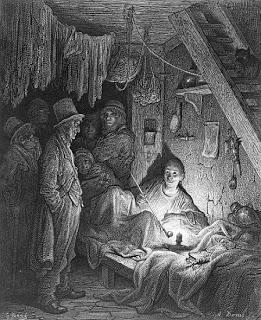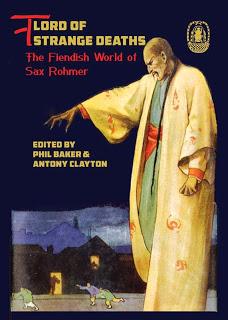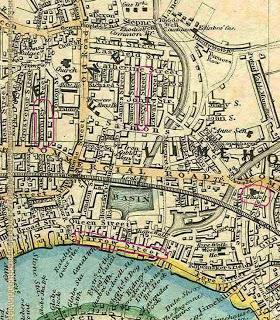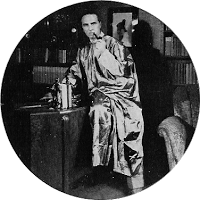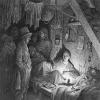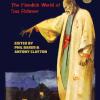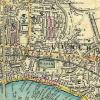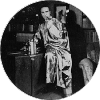SALON NO. 11: LONDON OPIATE - LOST LIMEHOUSE
6.30pm November 28th 2013
Westminster Arts Library
35 St Martins Street
London WC1
Admission: £4 / £7 By advance ticket only from WeGotTickets
Like many other London locales,the eastern district of Limehouse is becoming indistinguishable from adjacent neighbourhoods. But once its very name conjured up a particularly distinct image - even for those unfamiliar with the capital. For it was thought to be the home of the opium den and the malevolent Chinese opium dealer - the exotic bogeyman of the Victorian city imagined by its writers - Dickens, Wilde and Arthur Ward amongst them.
A soundtrack for the city will be provided by The Clerkenwell Kid.
At Salon No. 11, writer Phil Baker will consider Limehouse as a place of fabulous oriental menace, looking at anti-Chinese xenophobia and the myth of the East London opium dens. These intertwined anxieties and desires have their fullest flowering in the work of Sax Rohmer (the literary pseudonym of Arthur Ward), king of pulp exotica and creator of Doctor Fu Manchu: the yellow peril incarnate in one man. Despite Rohmer's claim that Fu Manchu was based on real Chinese figures he encountered during his time as a crime reporter, his work is now abhorred for its perpetration of racist stereotypes.
However, writing in the tradition of Imperial Gothic and obsessed with both the contamination spreading back from the Empire and the allure of alien esoterica, Rohmer not only demonized the Chinese but idealised them. Phil will argue that his world is more complex than it first seems and that the diabolical Limehouse-based Doctor is, in fact, the hero of the series.
Then, Salon alumni and historian Tom Bolton will take us on a journey through the real Limehouse - from its beginnings as a pleasant riverside hamlet downwind of the City of London to its emergence as the capital's first Chinatown. A neighbourhood adjacent to the river when London was the most important port in the world, it became an unparalleled cultural cross-roads, the home of immigrants, dockers, sex workers and sailors, a place associated with drugs, degenerates and exotic doings (plus other, unnamed evils) and one which fascinated the world.
Was this reputation based in truth? Did Limehouse even really exist as a defined place and if it did, are there any traces left in the spaces between the office blocks, council estates and pseudo-dockland apartments of London E14
The Salon will herald next year's publication by Strange Attractor press of "Lord of Strange Deaths: The Fiendish World of Sax Rohmer" edited by Phil Baker and Anthony Clayton - a collection of essays by Alan Moore, Christopher Frayling and Clive Bloom amongst others.
Phil Baker’s books include "Austin Osman Spare: The Life and Legend of London’s Lost Artist" and "The Devil Is a Gentleman: The Life and Times of Dennis Wheatley".
Tom Bolton has written "London's Lost Rivers: A Walker's Guide" and is currently working on "London's Lost Places: Ten Forgotten Neighbourhoods", which will include chapters on Limehouse and its Chinatown.
LONDON AT THE LIBRARY is an ANTIQUE BEAT production sponsored by HENDRICKS
